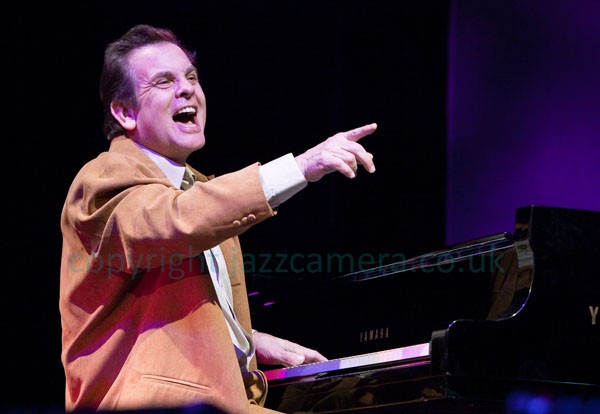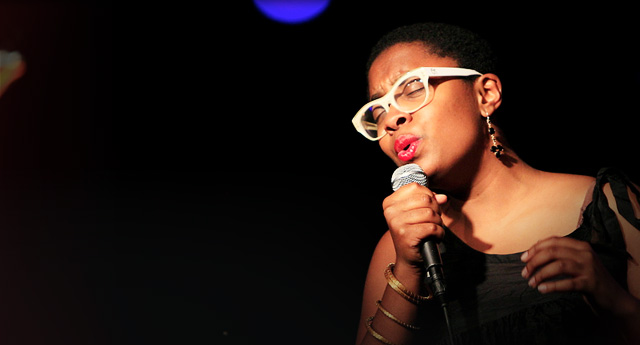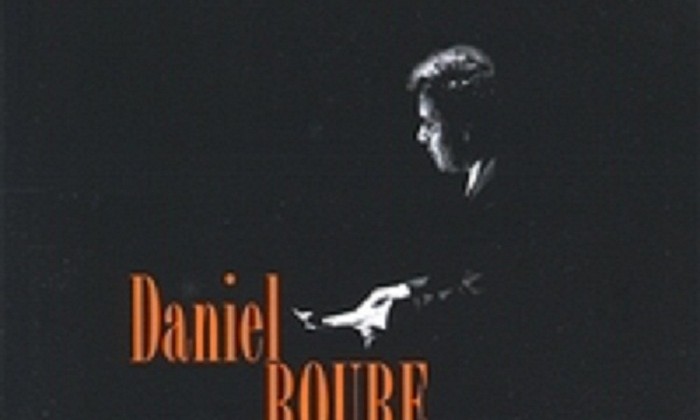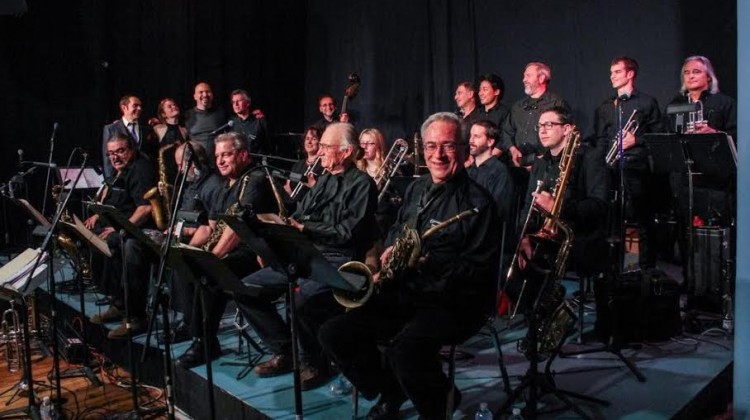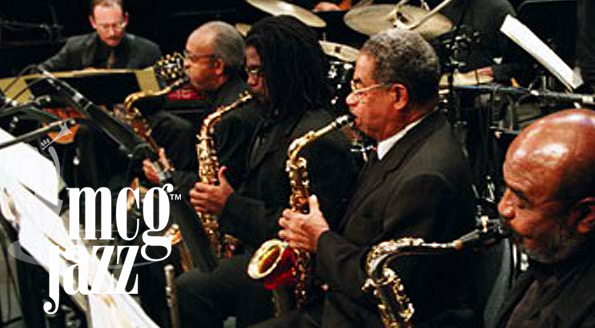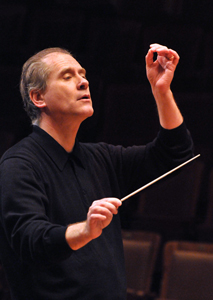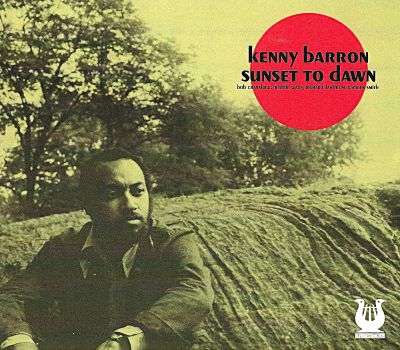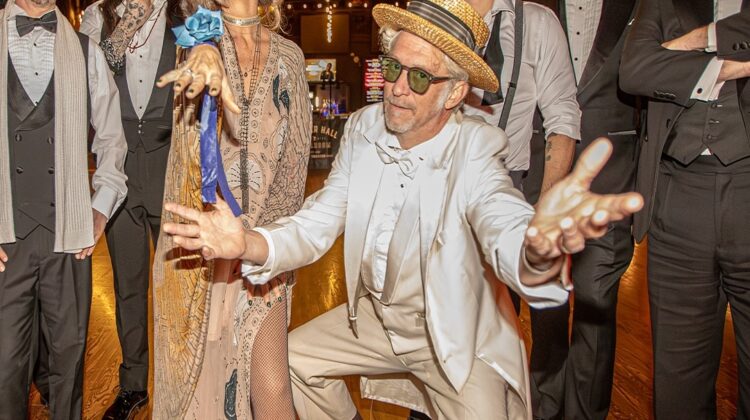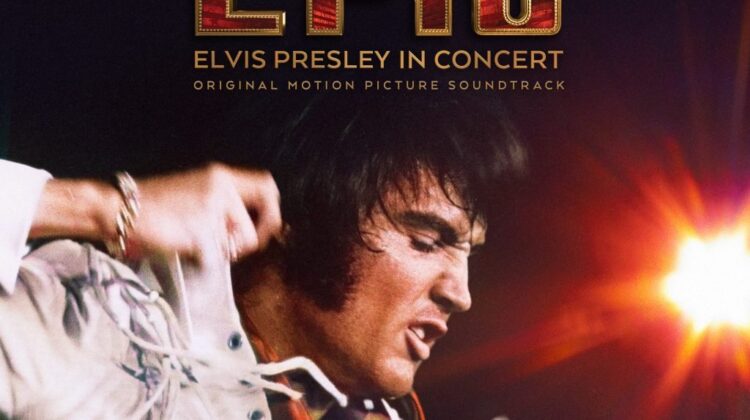NEC’s Charles Peltz Conducts Program Including World Premiere Performances of
Gunther Schuller’s From Here to There commissioned by NEC
and Charles Mingus’ Half-Mast Inhibition in its original orchestration
Join Charles Peltz, Director of New England Conservatory’s Wind Ensemble activities, as he conducts Third Stream Headwaters, a program in which he traces the history of NEC’s unique Contemporary Improvisation program (originally Third Stream) and the extraordinary music it has unleashed. The concert takes place on Thursday, February 13 at 7 p.m. at Jordan Hall, 290 Huntington Avenue, Boston, MA. It is free and open to the public. For more information, log on to http://www.necmusic.edu/nec-wind-ensemble-peltz-0 or call 617-585-1122.
This concert – and one on March 6 when NEC hosts the Concert Band Directors National Association Eastern Division conference – will feature the premiere performances of From Here to There, a work commissioned by NEC from past president Gunther Schuller who coined the term “Third Stream” as the fusion he foresaw of jazz and classical idioms, and created NEC’s program of studies devoted to its blossoming. The program also features the world premiere live performance of visionary jazz bassist Charles Mingus’ Half-Mast Inhibition in its original orchestration. Half-Mast Inhibition was Mingus’ earliest orchestral work, and was recorded in 1960. Other works to be performed include Darius Milhaud’s La Création du Monde, Milton Babbitt’s All Set, and Frank Zappa’s Dog Breath Variations.
This concert is part of NEC’s year-long Music: Truth to Power festival, a series of over 30 concerts which demonstrate just how vital music is to the human struggle and what revolution in artistic expression sounds like. Programs range from roots music to Beethoven, fight songs to anti-war anthems.
Founded in 1972 by musical visionaries Gunther Schuller and Ran Blake, New England Conservatory’s Contemporary Improvisation program is “one of the most versatile in all of music education” (JazzEd). Now in its 41st year, the program trains composer/performer/ improvisers to broaden their musical palettes and develop unique voices. It is unparalleled in its structured approach to ear training and its emphasis on singing, memorization, harmonic sophistication, aesthetic integrity, and stylistic openness. Under Blake’s guidance for its first twenty-six years, the program expanded its offerings under subsequent chair Allan Chase and current chair Hankus Netsky. Alumni include Don Byron, John Medeski, Jacqueline Schwab, Aoife O’Donovan and Sarah Jarosz; faculty include Carla Kihlstedt, Blake, Dominique Eade, and Anthony Coleman. “A thriving hub of musical exploration,” (Jeremy Goodwin, Boston Globe), the program currently has 43 undergrad and graduate students from 14 countries.
# # #


